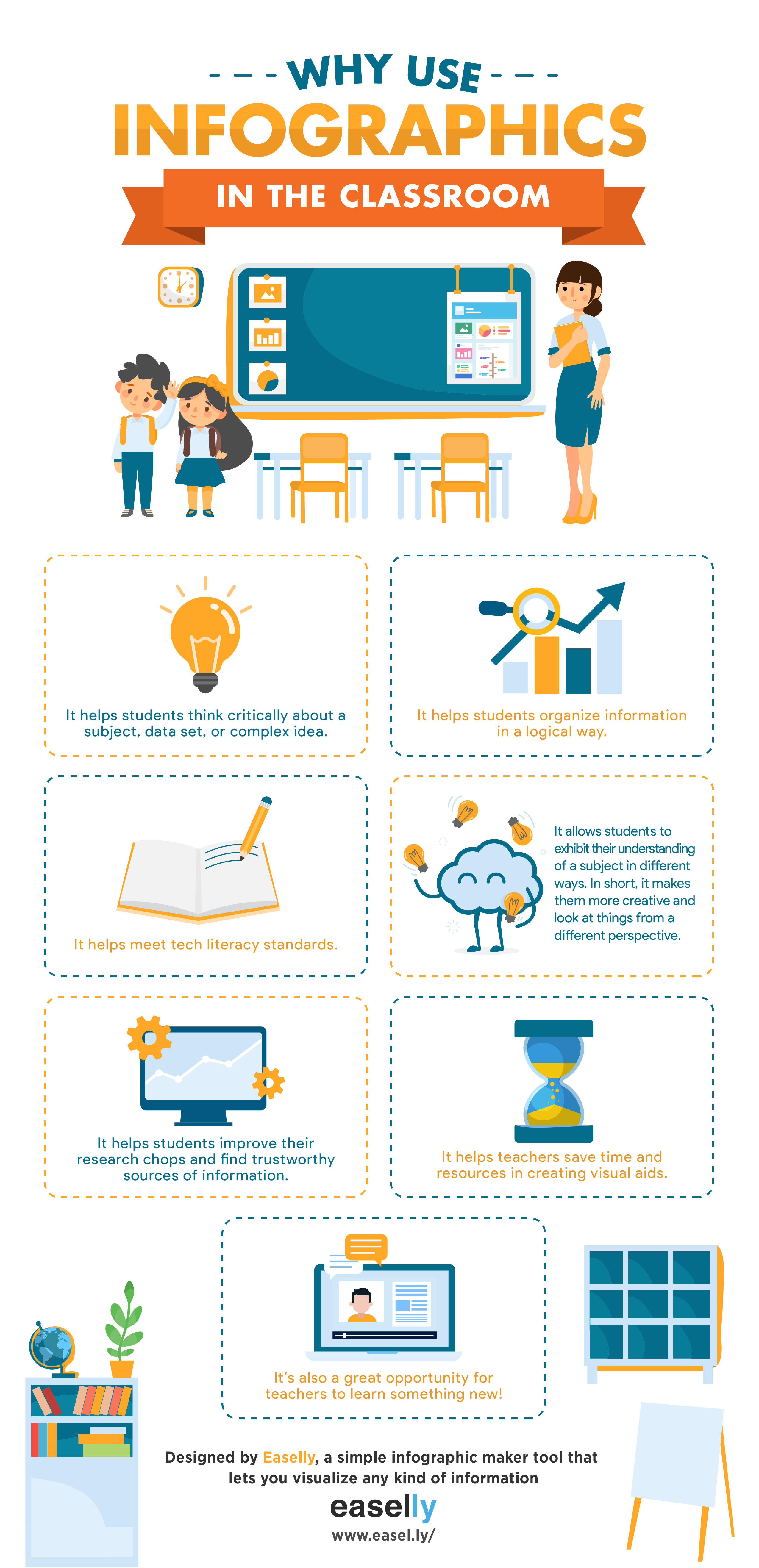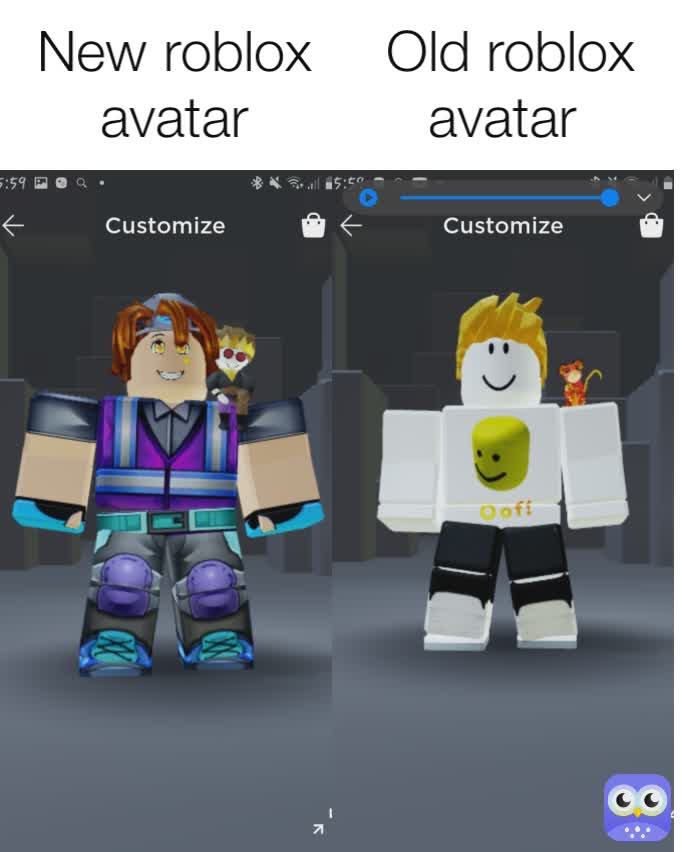Infographics have revolutionized the way we present and interpret data, especially in the realm of educational research and assessments. With their unique ability to convey complex information in a visually engaging manner, infographics are not just tools for marketing—they are essential assets for educators and researchers aiming to enhance understanding and retention.
Understanding Best Practices for Using Infographics in Educational Research and Assessments
Creating effective infographics for educational purposes goes beyond merely choosing appealing graphics and colors. It requires a strategic approach that combines clarity, relevance, and accuracy, ensuring that the educational message is communicated efficiently. By following established best practices, educators can facilitate better learning outcomes and foster a more enriching environment for students.
Significance of Effective Infographics
Implementing proven strategies in the creation of educational infographics can significantly influence how information is absorbed. A well-designed infographic not only enhances comprehension but also encourages critical thinking and engagement among students. When students interact with well-crafted visual data, they are more likely to remember key concepts and actively participate in discussions.
Timing and Placement of Infographics
Utilizing infographics at appropriate points during a lesson or research presentation can maximize their impact. Introducing an infographic at the beginning of a topic can provide an overview, while using them as summarizing tools at the end can reinforce learning. Additionally, distributing infographics as study aids reinforces concepts and aids retention beyond the classroom environment.
Gaining Insights from Infographic Practices
Incorporating best practices for using infographics in educational research and assessments can enhance the overall effectiveness of teaching methods. Educators who leverage visuals to break down complex data can create more dynamic and interactive learning experiences. This promotes not only understanding but also collaboration among students who benefit from visual learning cues.
Frequently Asked Questions
1. What types of infographics are best for educational research?
Infographics that summarize research findings, present statistics, or outline processes are particularly effective. They should be designed to enhance understanding and clarity.
2. Can infographics improve student engagement?
Absolutely! Infographics capture attention and make learning interactive, encouraging students to engage more fully with the material.
3. How can I ensure my infographic is accessible to all students?
Using clear text, high contrast, and providing alternative text for images can make infographics more accessible for all learners, including those with disabilities.
4. What tools can I use to create effective educational infographics?
There are several tools available, such as Canva, Visme, and Easelly, which offer user-friendly templates for creating engaging and informative infographics.
Best Practices for Using Infographics in Educational Research and Assessments
This approach targets educators and researchers looking to enhance their instructional methodologies. In my own experiences, I’ve found that integrating infographics into presentations effectively captured my audience’s attention. For instance, when I illustrated a complex educational concept with a clear and visually engaging infographic, the students were not only more attentive but also retained the information better. Using infographics as tools to summarize data and concepts has been a game changer in my educational assessments, as images can provide context that words alone often fail to convey. Below is an example of an infographic that summarizes educational assessments:

Conclusion of Best Practices for Using Infographics in Educational Research and Assessments
Implementing effective strategies for the use of infographics in educational contexts builds a bridge between knowledge and engagement. Through comprehensive and visually driven presentations, educators can elevate their students’ learning experiences and outcomes. Mastering best practices for infographics ultimately leads to an enriched educational journey, fostering exploration and innovation within the classroom.
If you are searching about Infographics in Education Review on Infographics D.pdf – See you’ve came to the right web. We have 10 Pictures about Infographics in Education Review on Infographics D.pdf – See like 10 Great Examples of Using Infographics for Education – Easelly, Educational Infographics Templates and also Infographics in Education Review on Infographics D.pdf – See. Read more:
Infographics In Education Review On Infographics D.pdf – See

www.coursehero.com
Mapping The Path To Success: Understanding Kindergarten Assessment

mapoftaiwanandhongkongarea.pages.dev
Educational Infographics Templates
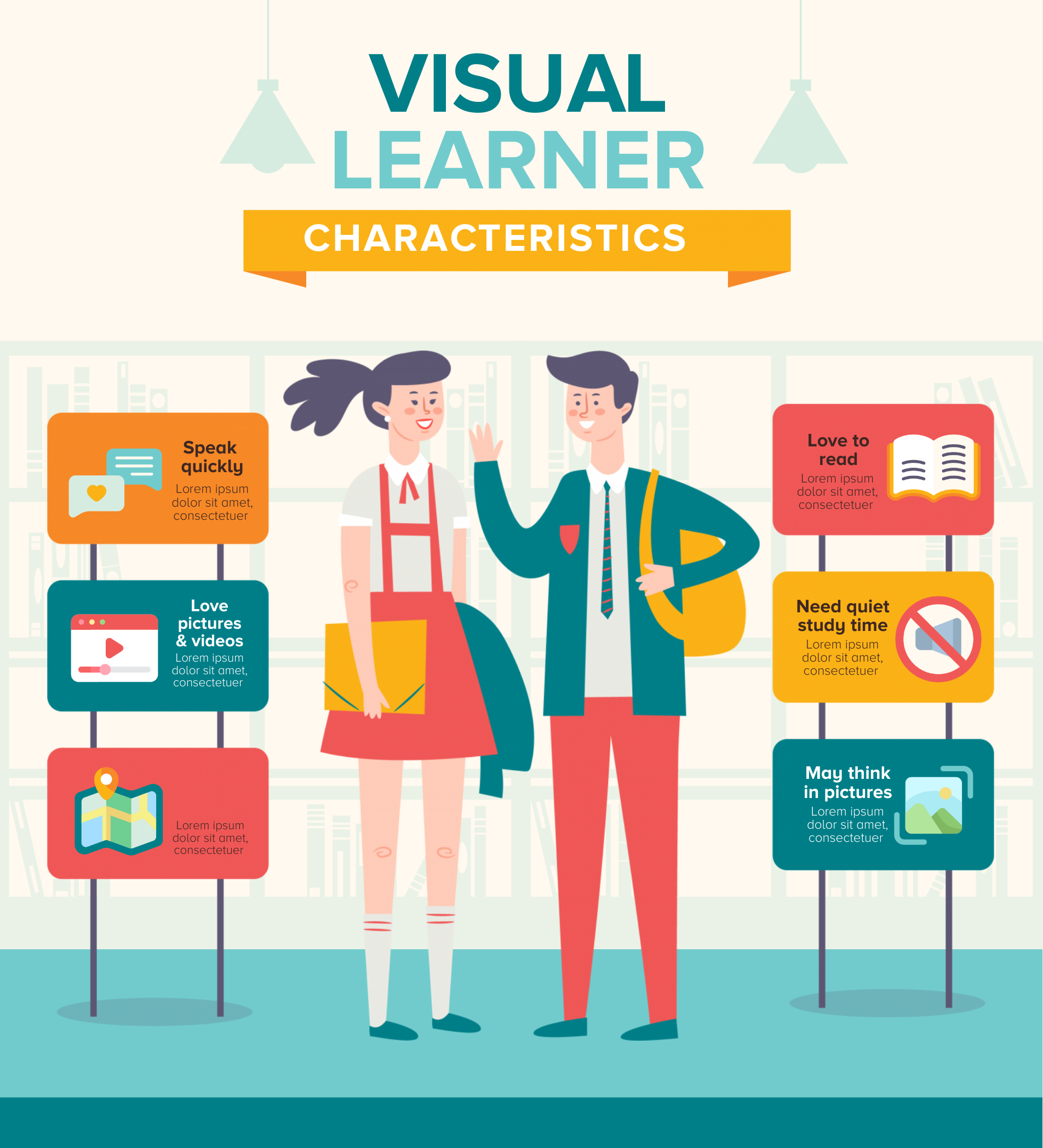
www.animalia-life.club
Educational Infographic : Educational Infographic : Educational
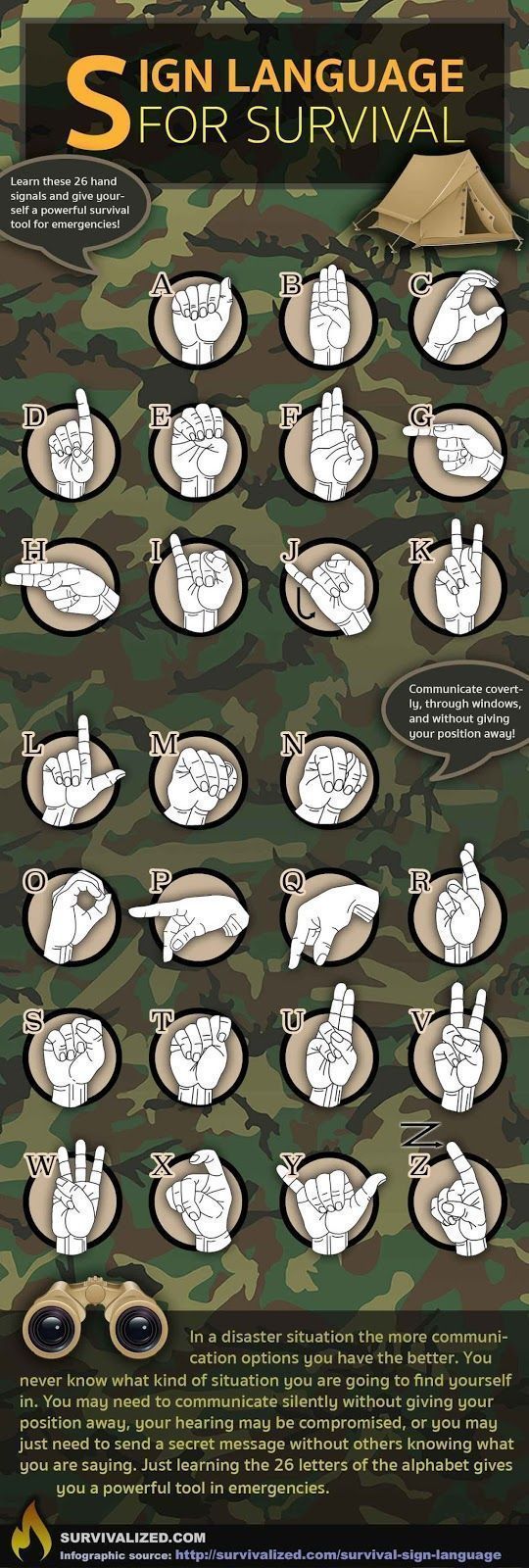
infographicnow.com
educational infographic infographicnow
10 Great Examples Of Using Infographics For Education – Easelly
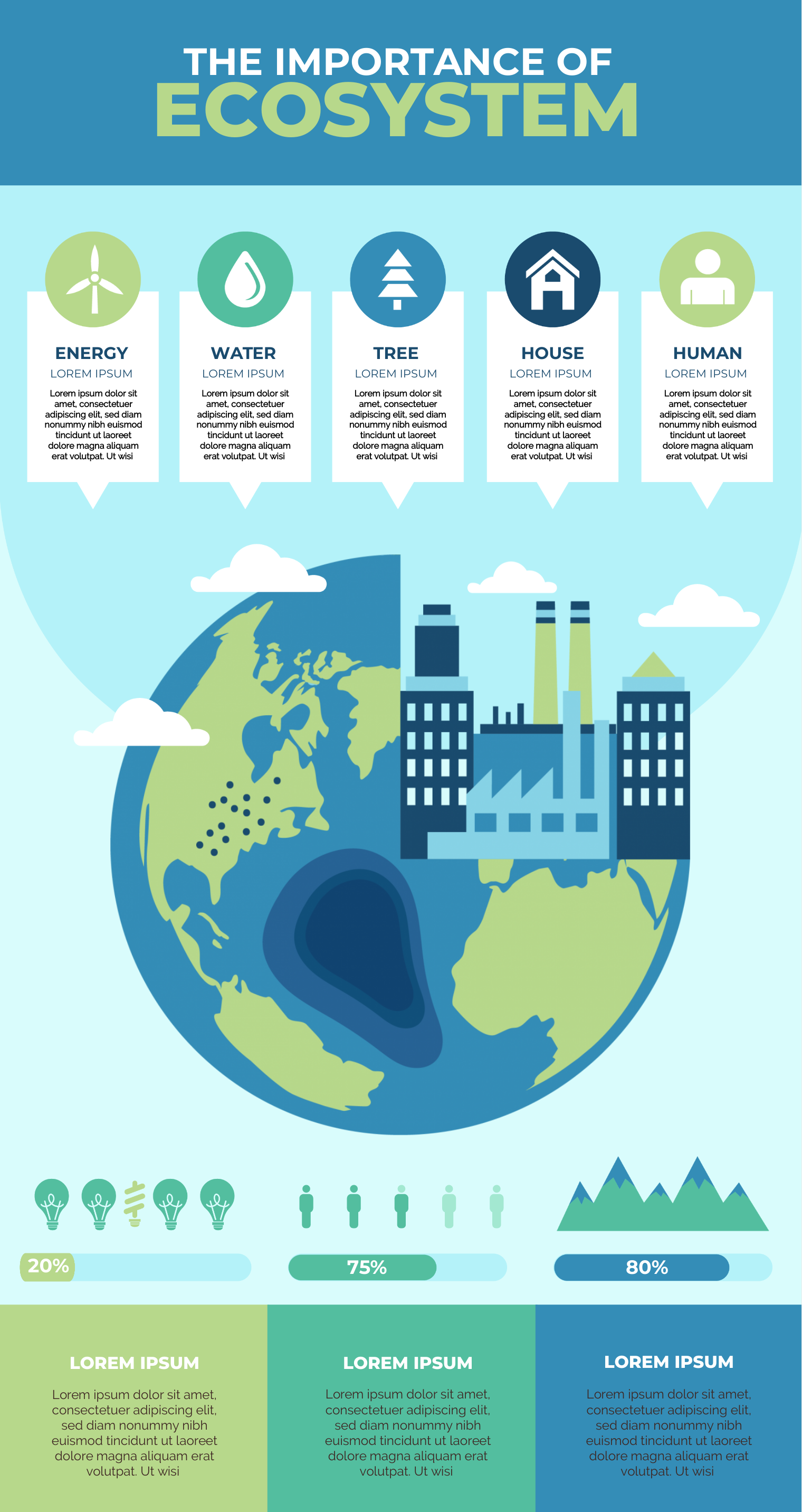
www.easel.ly
infographic infographics examples education ecosystem great template using importance customize
39 Infographics Ideas | Infographic, Student, Assessment

www.pinterest.com
Educational Infographics: How To Use Infographics In Your Online Course

visme.co
informational visme concepts blockchain complex teach specific engaging alternative visual
Educational Infographic : Infographic: How To Remind 894

mungfali.com
Benefits Of Infographics For Teaching And Learning – Simple Infographic
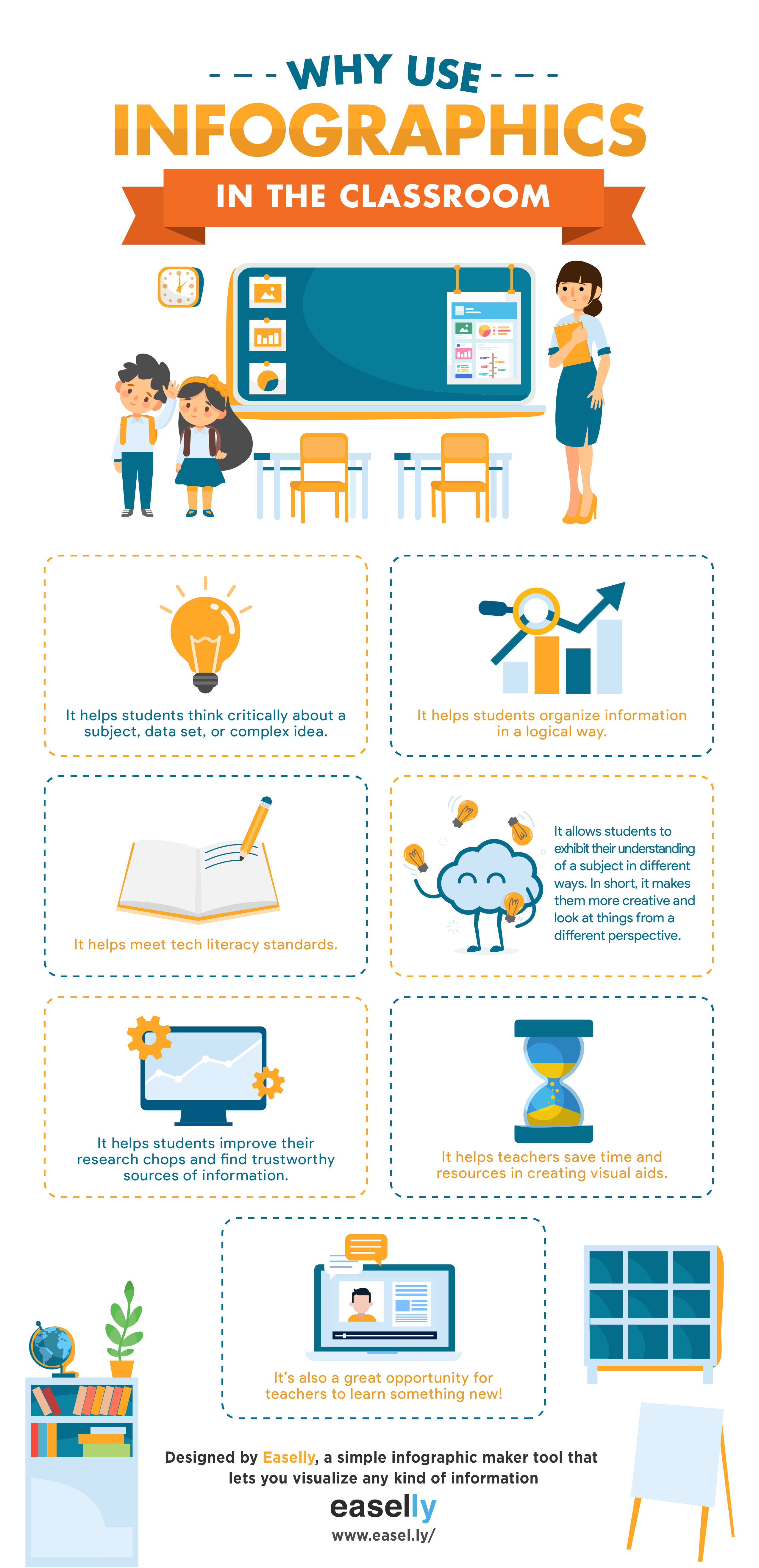
www.easel.ly
infographics classroom benefits learning teaching students use why visual effective infographic simple deeper education create nurture through make easelly learn
Customize Education Infographic Templates – PhotoADKing

photoadking.com
Infographics in education review on infographics d.pdf. 10 great examples of using infographics for education. Infographics classroom benefits learning teaching students use why visual effective infographic simple deeper education create nurture through make easelly learn


